Since Hope Lawrence posted the clip, the video has garnered over 59 million views on TikTok, with the comment section erupting with moving messages.
“The haka is so powerful but seeing this father teaching his baby is so powerful. I am deeply moved,” one TikTok user commented.
Another wrote, “I stop for every haka, and this is the best one.”
“I LOVE THIS!!! if it wasn’t for TikTok I would’ve never been exposed to Maori culture. can’t tell you how many haka performances I’ve watched. they make me feel so empowered,” another commented.
“I have absolutely no connection to this culture, but i cry EVERY TIME I see the haka. My goodness it’s so powerful,” one user commented, adding a crying emoji.
In a conversation with TODAY.com, Zar and Hope Lawrence say this wasn’t a rare occasion for their 1-year-old son, who is one of their five children.
“It’s kind of a normal thing in our house, actually,” Hope Lawrence says of her son performing the haka. “I just pulled out my phone at the time.”
The couple explains that their son often prefers watching haka performances on YouTube to cartoons or typical children’s TV shows.
“As soon as he could walk and he’s been watching (haka performances) and we’ve been doing it since then,” Zar Lawrence adds.
The father of five and former professional rugby player says he also learned how to perform a traditional haka at “a very young age” from his grandmother.
Zar Lawrence also explains that there are a variety of haka, each differing slightly depending on region and intention.
In terms of the massive reaction, the two say the response came as a “big surprise” to them.
“I didn’t realize how happy it made people, and I think that’s probably been the best outcome of it — is that people are interested in our culture,” Hope Lawrence says. “It gives us the opportunity to probably educate some people, including ourselves.”
Hope Lawrence explains that New Zealand has been taking strides in normalizing the conversation around mental health, specifically in men. She says in some mental health practices, they encourage people to examine where they came from and immerse themselves in that culture.
“I think that’s something that is good for us raising boys,” she continues. “We really want to kind of engrave that into them because I think as we’ve evolved or grown, we tend to move away from our culture.”
As for Zar Lawrence, who says he’s been learning how to reconnect to his own culture, his message to those moved by the video is this: “Wherever you come from, your heritage, dig a little bit deeper and know it.”

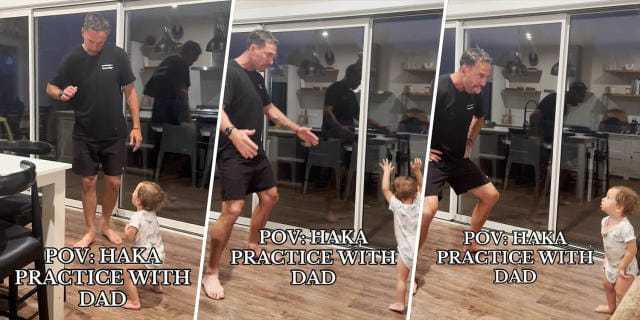
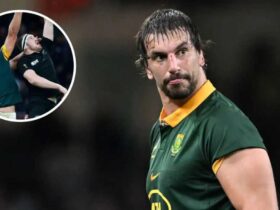
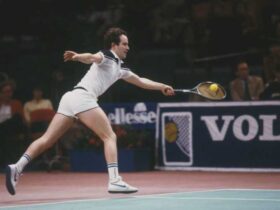
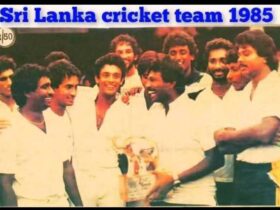

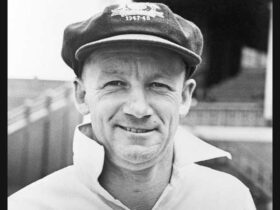
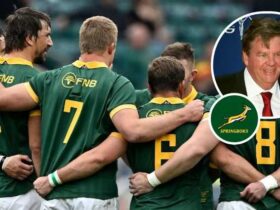

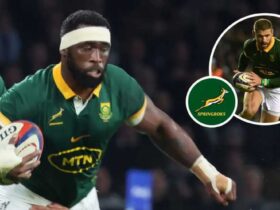
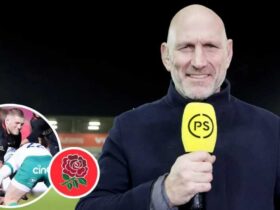
Leave a Reply